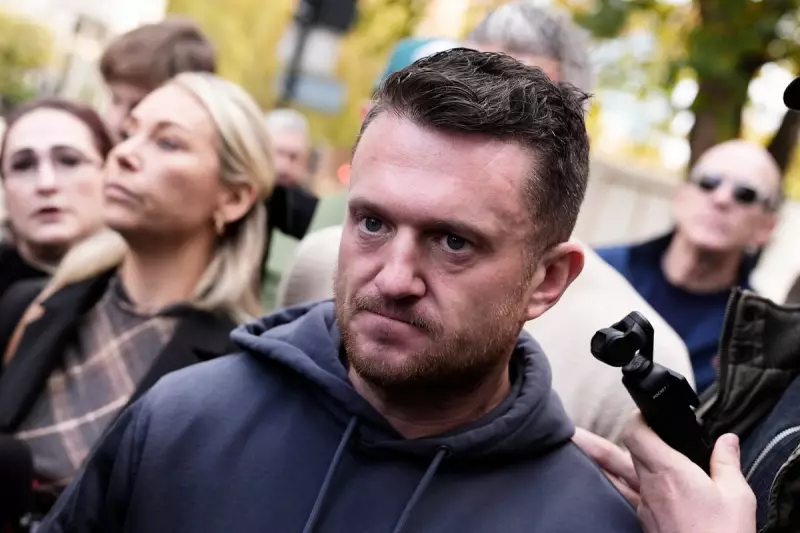
In a dramatic courtroom conclusion that has captured national attention, Stephen Yaxley-Lennon - the controversial figure better known as Tommy Robinson - has been acquitted of terrorism-related charges following an extensive legal battle.
The Charges and The Defence
The founder of the English Defence League faced allegations of committing an act of terrorism and funding terrorism, charges that could have carried a maximum life sentence. The prosecution had built their case around Robinson's financial activities and alleged support for terrorist organisations.
However, the defence team successfully argued that there was insufficient evidence to prove their client had knowingly engaged in terrorist activities or provided financial support to banned organisations.
A Contentious Public Figure
Robinson, whose real name is Stephen Yaxley-Lennon, has long been a polarising figure in British politics. As the founder of the far-right English Defence League, he has been at the centre of numerous controversies and legal battles throughout his public career.
The trial at the Old Bailey represented one of the most serious legal challenges the activist has faced, with terrorism charges being among the most severe allegations in British law.
Courtroom Drama Unfolds
Throughout the proceedings, the courtroom witnessed tense exchanges between legal teams as they debated the interpretation of anti-terrorism legislation and the evidence presented. The jury listened carefully to arguments from both sides before reaching their verdict.
In the end, the panel found reasonable doubt in the prosecution's case, leading to Robinson's acquittal on all terrorism-related counts.
Reactions and Implications
The verdict is likely to generate significant public debate about the application of terrorism laws in the UK and the boundaries of political activism. Supporters of Robinson have hailed the decision as a victory for free speech, while critics have expressed concerns about the message it sends.
Legal experts suggest the case may prompt discussions about how terrorism legislation is applied to individuals with high-profile political backgrounds.





